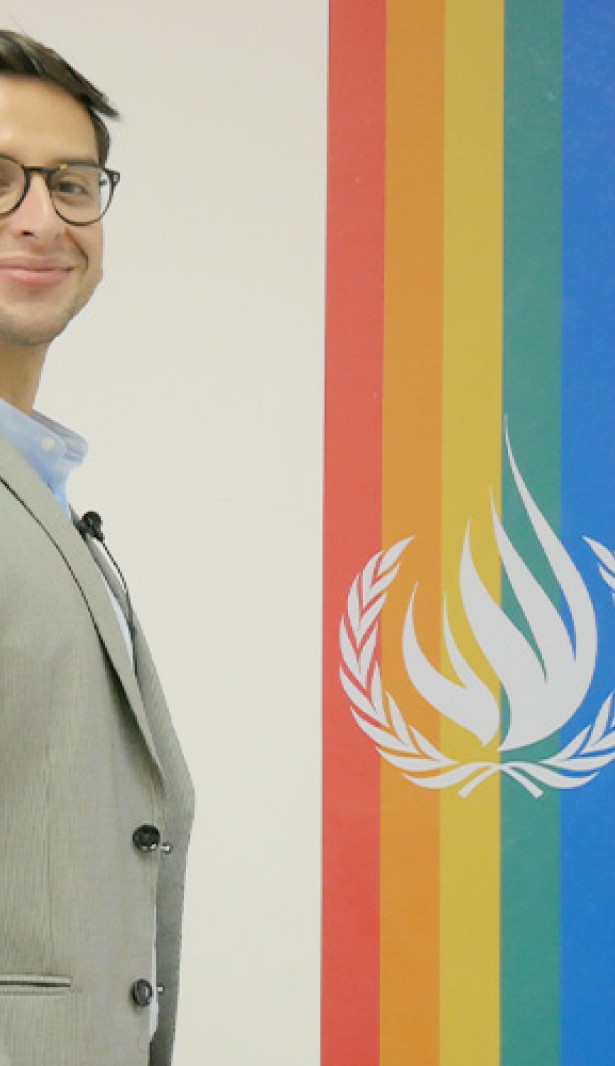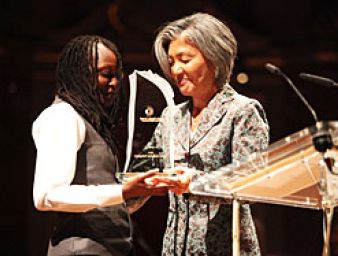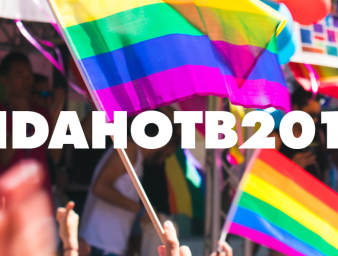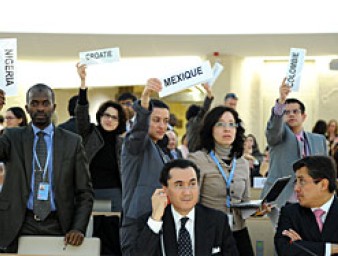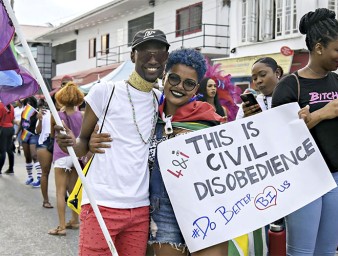Inspiring change through photography
10 September 2021
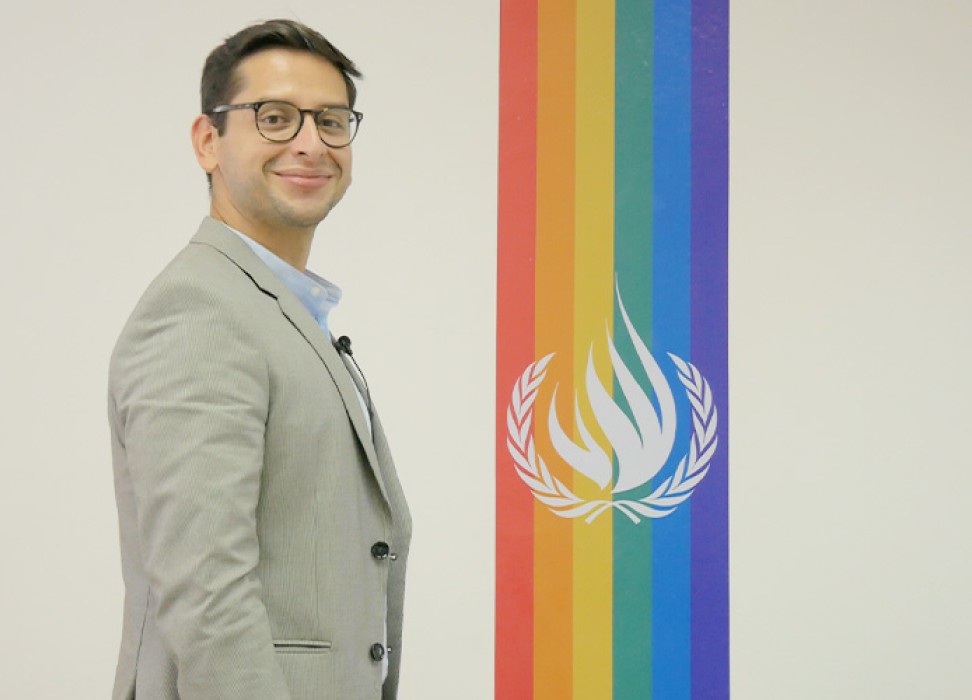
For Dany Barrientos Ramirez, photography is essential in promoting human rights because it has incredible ability to tell impactful stories.
“Images have a very strong power,” he said. “The power to transform opinions, the power to illustrate, and the power above all to generate personal changes in decisions.”
Ramirez, 36, is a documentary photographer, who uses his photos to shine a light on the inequalities and hardships suffered by marginalized communities in Honduras.
For his work as a human rights defender, UN Human Rights invited him to take part in the Free & Equal campaign – a global campaign that promotes equal rights and fair treatment of LGBTQI+ people.
As a child, Ramirez enjoyed flipping through magazines in his home in San Pedro Sula, Honduras. The images featured throughout the magazines sparked his curiosity.
He had a desire to see the world. His passion parlayed into a profession as a photographer where he had the chance to get to know himself for the first time and learn about the world around him. He studied photography in Guatemala City at La Fototeca.
Ramirez’s work has been featured in Honduras, Nicaragua, Guatemala, Chile and the United States. He’s currently working on a new project in Honduras that collaborates with the LGBTQI+ community and is an advocate for promoting human rights on the migration situation in Honduras.
Today, the Honduran Salvadoran lives in Tegucigalpa, Honduras dedicating his life to documentary and commercial photography where he focuses on issues related to human rights, migration and the LGBTQI+ community.
Giving a voice to migrants
Focusing on migration is personal for Ramirez. His parents were displaced due to the armed conflict in El Salvador. He said when he started to work on photographing migrants, he was trying to understand what it was like for his parents and other migrants.
“And I wanted to understand that a bit,” he said. “What was it like and how had that dynamic been for my parents. Because of the privilege that I have, I have not lived that experience. So, I wanted to give it a voice and I wanted to find spaces to delve into the reflections that the migrant makes along their journey.”
He’s won accolades for his series of images captured in Guatemala that told the story of the diaspora of Salvadorans, Hondurans and Guatemalans on their dangerous journey to the United States.
In 2019, he held a series of talks in cultural spaces to discuss the migration crisis in the country and photographed the migration situation and the human rights violations suffered by the Honduran population.
Changing perception of LGBTQI+
Ramirez has turned his documentary lens toward the LGBTQI+ community in Honduras, his own community. He is doing this because there are not many photographers whose work portrays this community in a positive light.
“It is very scarce and added to this is also the need to create images and a visual imaginary where members of the LGBTQI+ population can be portrayed with dignity,” he said.
He also said that persecution is something an LGBTQI+ Honduran lives with daily.
“We always live on the fringes of public policy, on the fringes of health, education, integration or specialized policies for us, and we are being persecuted all the time,” he said. “I know it sounds unreal, but it is the day to day for many.”
Ramirez added that the media continue to overlook these issues in their reporting and the perception of this community must change. He urged LGBTQI+ Hondurans to tell their own stories.
“I find it totally unfair that we are categorized as subhuman all the time and that we are treated with disdain,” he said.
Supporting his community
Another way Ramirez reaches out to his community is through his work on the Free & Equal campaign that provides messages of hope.
“I loved how a lot of people identified with the messages,” he said. “They are people who constantly receive information or comments that tell them that their life is wrong.”
This may be the first time where LGBTQI+ Hondurans can see someone speak openly about their homosexuality, he added.
“It removes the political component and removes the component of judgment and negative bias that members of the LGBTQI+ community may have here in Honduras,” he said.
Ramirez stressed the importance of this work in Honduras because he’s met some people who were afraid of being open about their sexuality.
“We talked to those people, and they listened,” he said. “So, we are sure that these types of messages have a positive impact.”
For those who are still afraid to stand up and be seen, Ramirez encouraged them to keep fighting for their rights.
“I admire you for your resilience,” he said. “I admire you for your ability to survive in a world that is not designed for us. And I encourage you to keep looking for information, to keep looking for protection, to keep looking for any instrument or tool that can be provided that can help you.”
10 September 2021
This story is part of Human Rights Champions – a recurring series featuring portraits of human rights defenders or organizations that stand up for human rights.
Disclaimer: The views, information and opinions expressed in this article are those of the persons featured in the story and do not necessarily reflect the official policy or position of the Office of the UN High Commissioner for Human Rights.
